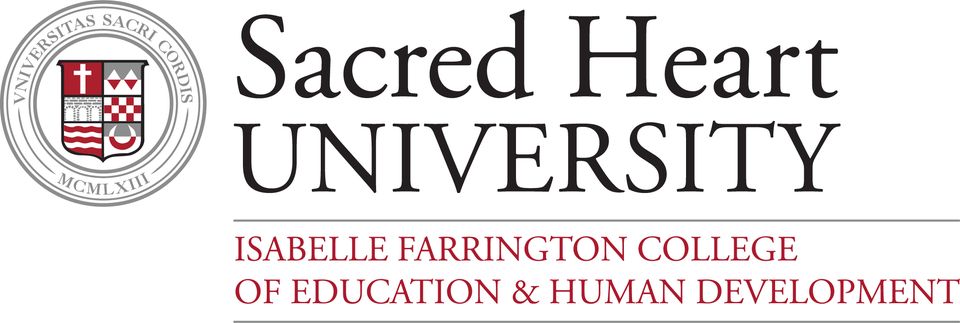O Collegio de Pedro II e a formaçāo da mocideade brasileira, 1838-1889
In Portuguese and English.
Abstract
A organização do ensino secundário brasileiro, mantido pelo Estado, se inscreve no contexto dos debates sobre as finalidades do ensino secundário verificados na Europa, no século XIX. A criação do Imperial Collegio de Pedro II tinha entre outras, a meta de formar uma elite dirigente capaz de exercer as mais elevadas funções do Estado dignificando-o entre as nações mais ilustres e de assegurar o desenvolvimento do país. Os conhecimentos contemplados nos planos de estudos do colégio e a ênfase a eles atribuída, no período imperial, refletem o debate sobre a definição das finalidades do ensino secundário e a importância dos estudos clássico-humanistas versus científicos verificados em diversos países europeus, notadamente na França.
The evolution of secondary education in Imperial Brazil can be understood within the context of the debates about the purpose of secondary schooling being discussed in nineteenth-century Europe. The founding of the College Pedro II in 1838 had, as one if its goals, the education of an elite capable of exercising the highest functions of the State. This cadre of future leaders would elevate the status of Brazil to that of the advanced nations of the Continent and insure its social and economic development. At various times during the Empire, the composition and organization of the College’s curriculum reflected differing perceptions in various European countries, most notably France, about the mission of secondary education and the importance of classical vs. modern studies.


